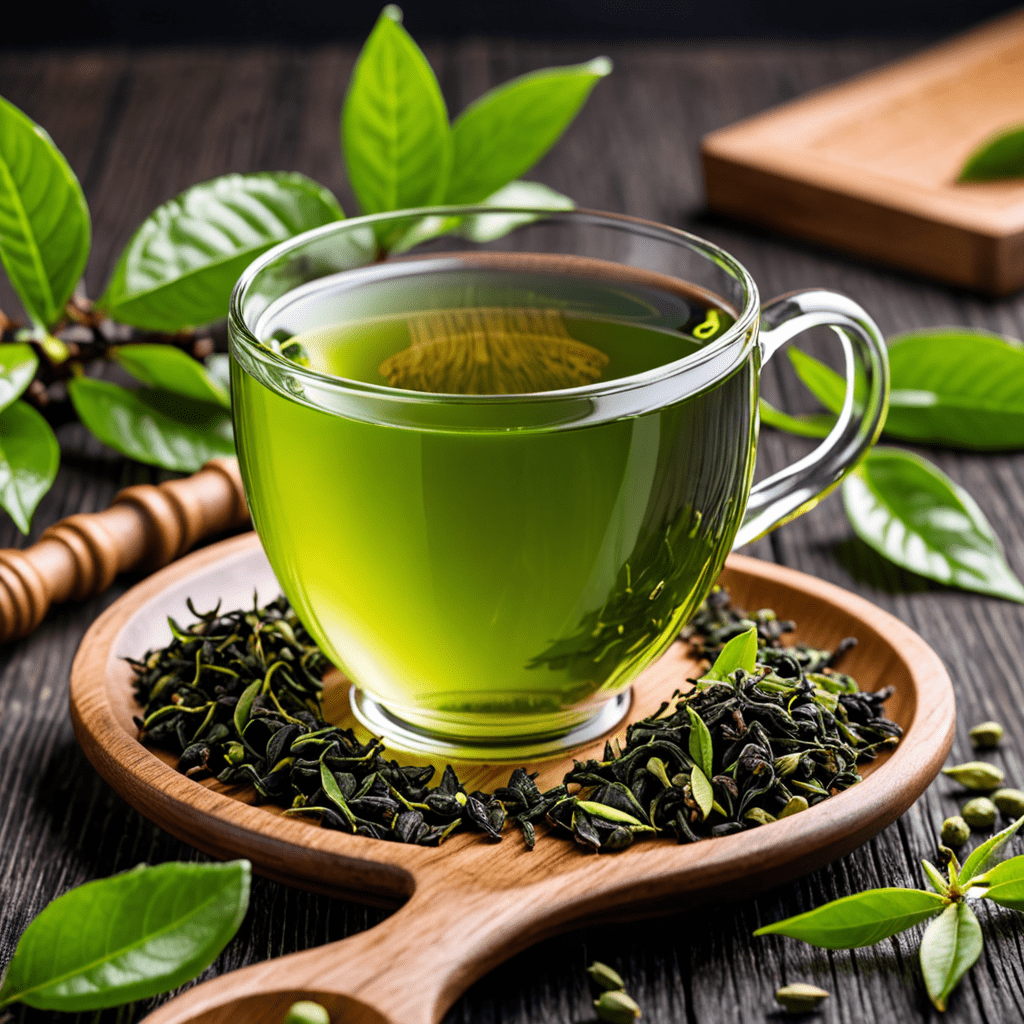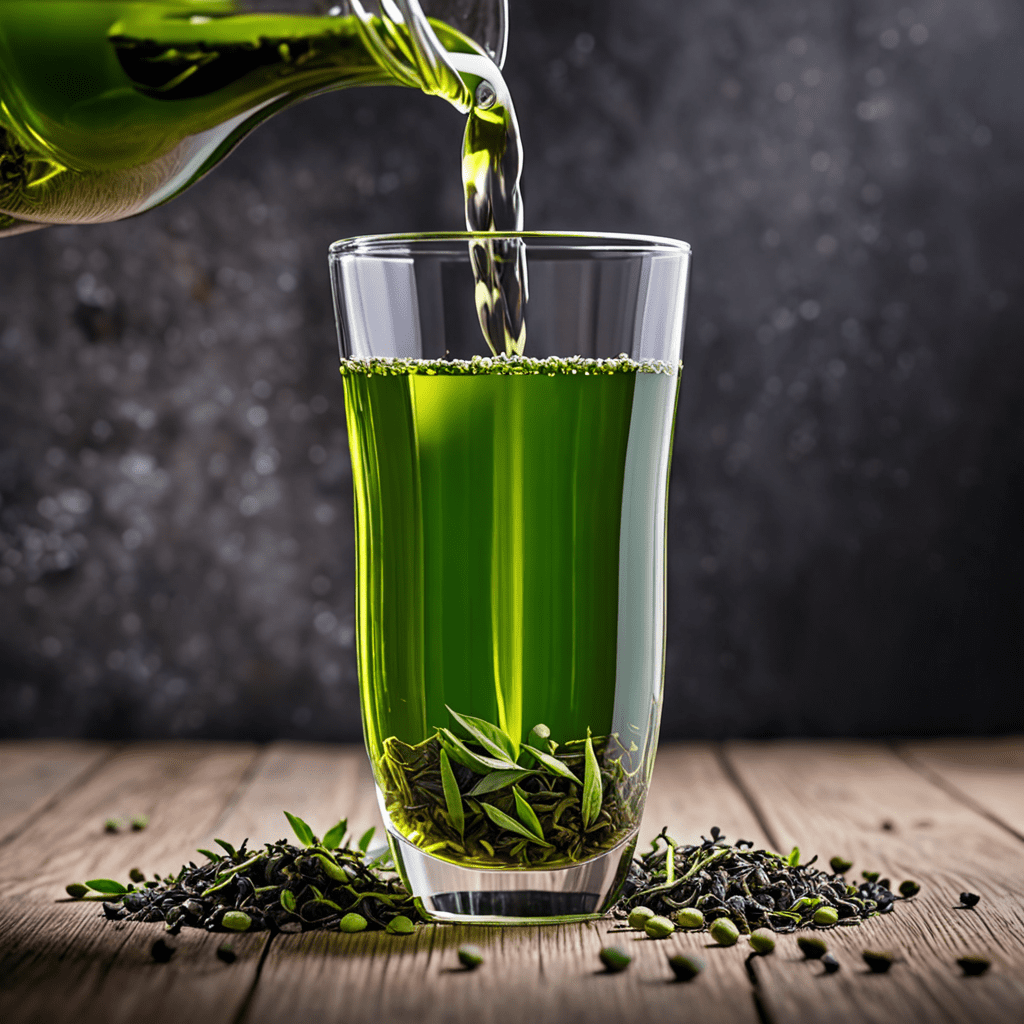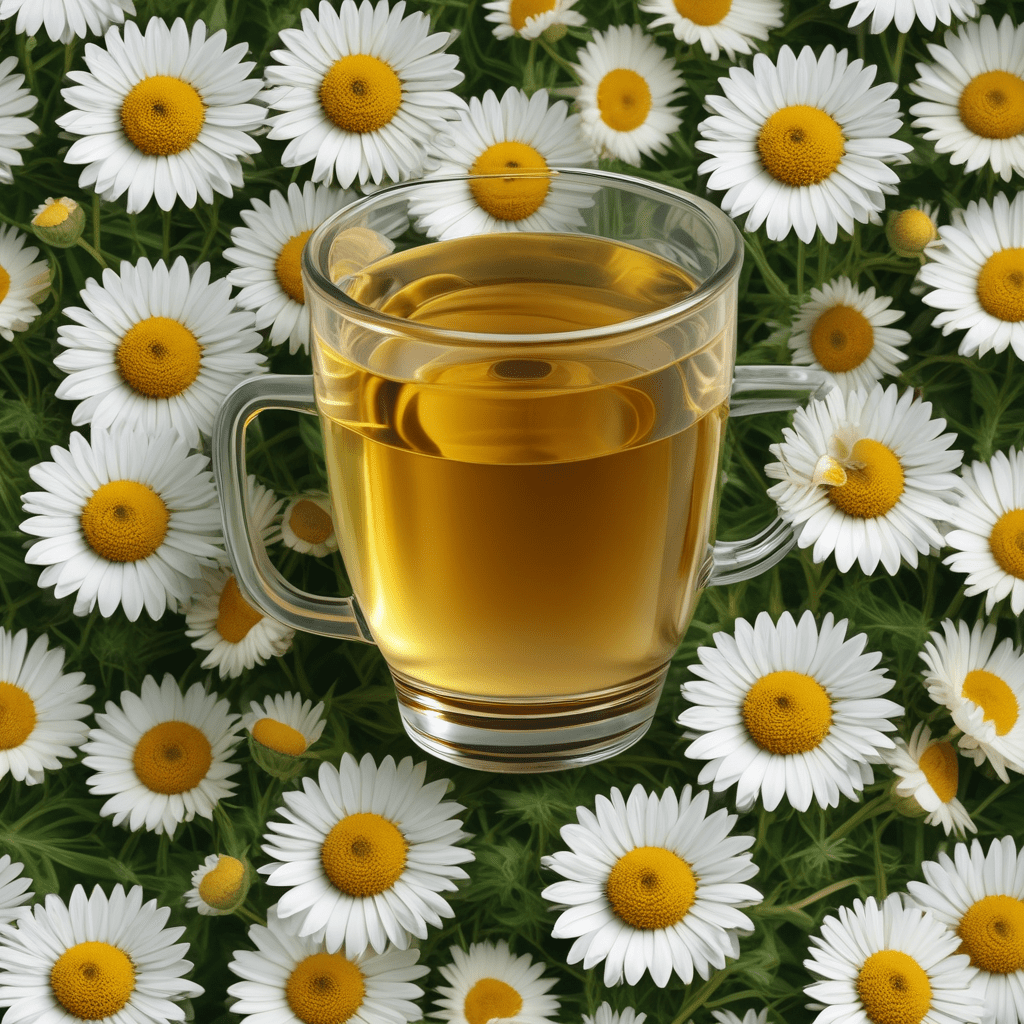
Ceylon Tea: A Blend of Tradition and Innovation
I. Introduction
Ceylon tea, renowned globally for its exquisite flavor and aroma, is a testament to the harmonious fusion of tradition and innovation. The tea industry in Sri Lanka, formerly known as Ceylon, has a rich history spanning centuries, intertwining with the country's cultural heritage. Today, Ceylon tea continues to evolve, embracing modern advancements while preserving the age-old practices that have shaped its distinct character.
II. Historical Origins and Legacy
The advent of tea cultivation in Sri Lanka is attributed to the British in the 19th century. However, the origins of tea consumption in the region can be traced back to ancient times. Indigenous communities in Sri Lanka have long used native plants for medicinal and ceremonial purposes, including a beverage made from the leaves of a wild tea plant known as "Wallapatta." The introduction of commercial tea plantations by the British marked a turning point, leading to the establishment of a thriving tea industry that would become synonymous with Ceylon.
III. Geographical Terroir and Climate
Sri Lanka's unique geographical location and climate play a pivotal role in the exceptional quality of Ceylon tea. The island nation's tropical climate, abundant rainfall, and varied elevation zones create ideal growing conditions for tea bushes. Different regions of Sri Lanka produce distinctive teas, each with its own flavor profile influenced by the terroir. The central highlands, renowned for their high-elevation gardens, yield teas with a bright, brisk character, while the low-lying plains produce teas with a fuller body and a more pronounced earthy flavor.
IV. Harvesting and Processing Methods
The art of tea harvesting and processing has been passed down through generations in Sri Lanka. Tea leaves are typically hand-picked, ensuring only the finest two leaves and a bud are collected. The leaves then undergo a series of traditional processing methods, including withering, rolling, and oxidation, which transform them into the delicate black, green, and white teas that grace cups around the world. Each stage of processing is meticulously controlled to bring out the tea's unique flavor and aroma.
V. Innovation in Tea Production
While Ceylon tea remains deeply rooted in tradition, the industry has embraced innovation to enhance quality and efficiency. Modern machinery and scientific advancements have been integrated into the harvesting and processing stages, allowing for greater precision and consistency. Research and development efforts have also led to the development of new tea varieties and the exploration of sustainable farming practices. By blending tradition with innovation, Ceylon tea continues to meet the evolving needs of discerning tea enthusiasts worldwide.
VI. Sustainability and Ethical Practices
In recent years, there has been a growing emphasis on sustainability and ethical practices in the Ceylon tea industry. Many tea plantations have adopted eco-friendly farming methods, such as organic cultivation and rainwater harvesting, to minimize their environmental impact. Fair trade certifications and ethical sourcing initiatives ensure that tea workers are treated fairly and receive a living wage. By embracing sustainability, Ceylon tea producers demonstrate their commitment to both environmental stewardship and social responsibility.
VII. Global Recognition and Market
Ceylon tea has earned worldwide acclaim for its exceptional quality and has become a staple in tea markets around the globe. Sri Lanka is one of the largest tea exporters in the world, with its teas being enjoyed by discerning consumers in Europe, Asia, North America, and beyond. Ceylon tea is also featured in many prestigious tea blends and is renowned by tea connoisseurs for its unique flavor and aroma.
VIII. Health Benefits and Wellness
Beyond its culinary appeal, Ceylon tea is also recognized for its potential health benefits. It contains a range of antioxidants, including flavonoids and catechins, which have been linked to improved heart health, reduced inflammation, and a lower risk of certain chronic diseases. Studies have also shown that Ceylon tea may boost metabolism, aid in digestion, and improve cognitive function.
IX. Culinary and Cultural Significance
Ceylon tea is more than just a beverage; it is deeply entwined with Sri Lankan culture and cuisine. Tea is often served with meals, sweets, and snacks, and is an integral part of many social gatherings and celebrations. Its versatility extends beyond traditional brewing methods, with Ceylon tea being used as a culinary ingredient in various dishes, desserts, and beverages.
X. Conclusion: Preserving Tradition while Fostering Innovation
Ceylon tea stands as a testament to the harmonious blending of tradition and innovation. While honoring the age-old practices that have shaped its distinct character, the Ceylon tea industry continues to embrace advancements that enhance quality and sustainability. By preserving its heritage while fostering innovation, Ceylon tea remains an exquisite beverage that delights tea enthusiasts worldwide and plays a vital role in Sri Lanka's economy and cultural landscape.
FAQ
1. What is the difference between black, green, and white Ceylon tea?
- Black tea is fully oxidized, giving it a dark color and robust flavor.
- Green tea is minimally oxidized, resulting in a lighter color and grassy flavor.
- White tea is made from young, unfurled leaves and has a delicate, slightly sweet flavor.
2. How should Ceylon tea be stored?
- Store Ceylon tea in an airtight container away from light and moisture.
3. What are the ideal brewing parameters for Ceylon tea?
- Use fresh, filtered water.
- Heat water to the desired temperature (between 195-205°F).
- Use 1-2 teaspoons of tea leaves per 8 ounces of water.
- Steep for 3-5 minutes, depending on desired strength.
4. Can Ceylon tea be enjoyed iced?
- Yes, Ceylon tea can be enjoyed iced. Brew tea slightly stronger than desired and let it cool before pouring over ice.
5. What are the health benefits of Ceylon tea?
- Ceylon tea is rich in antioxidants and may offer several health benefits, including improved heart health, reduced inflammation, and a lower risk of certain chronic diseases.


